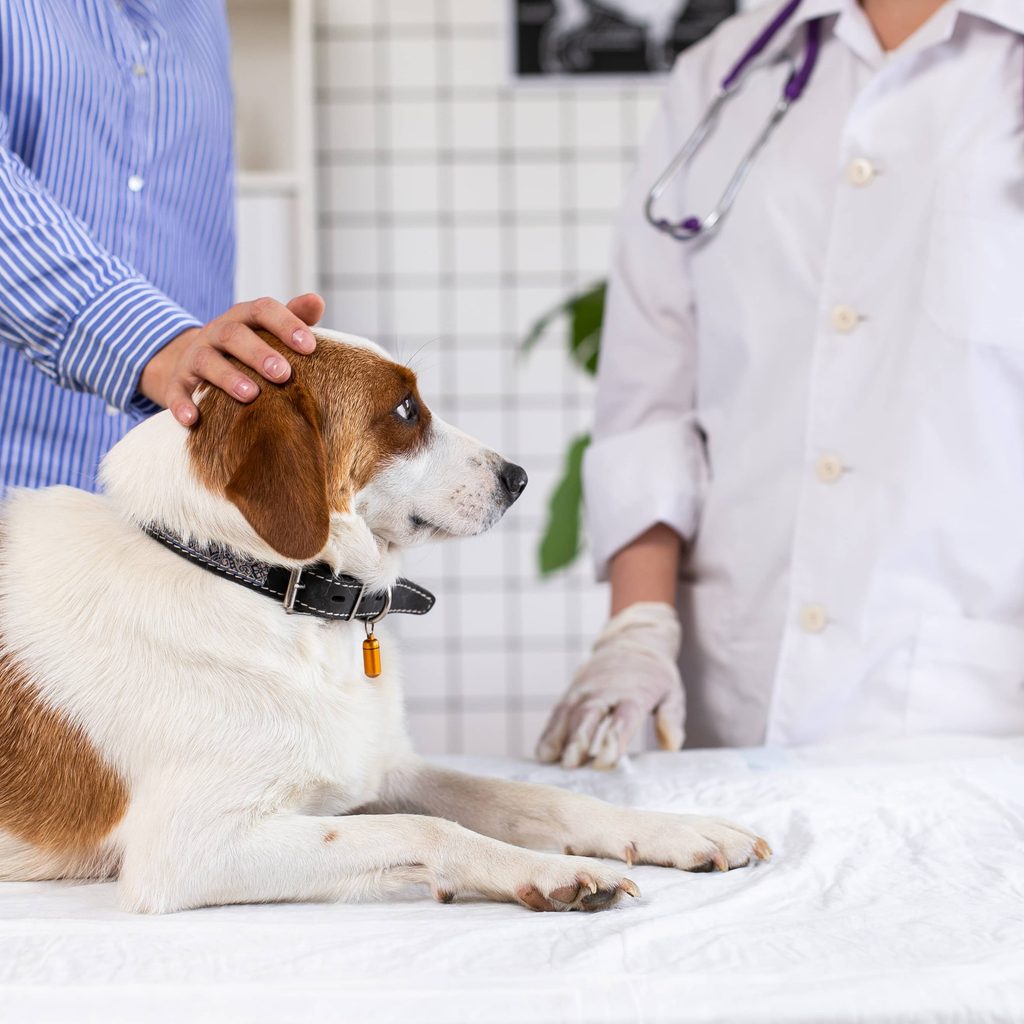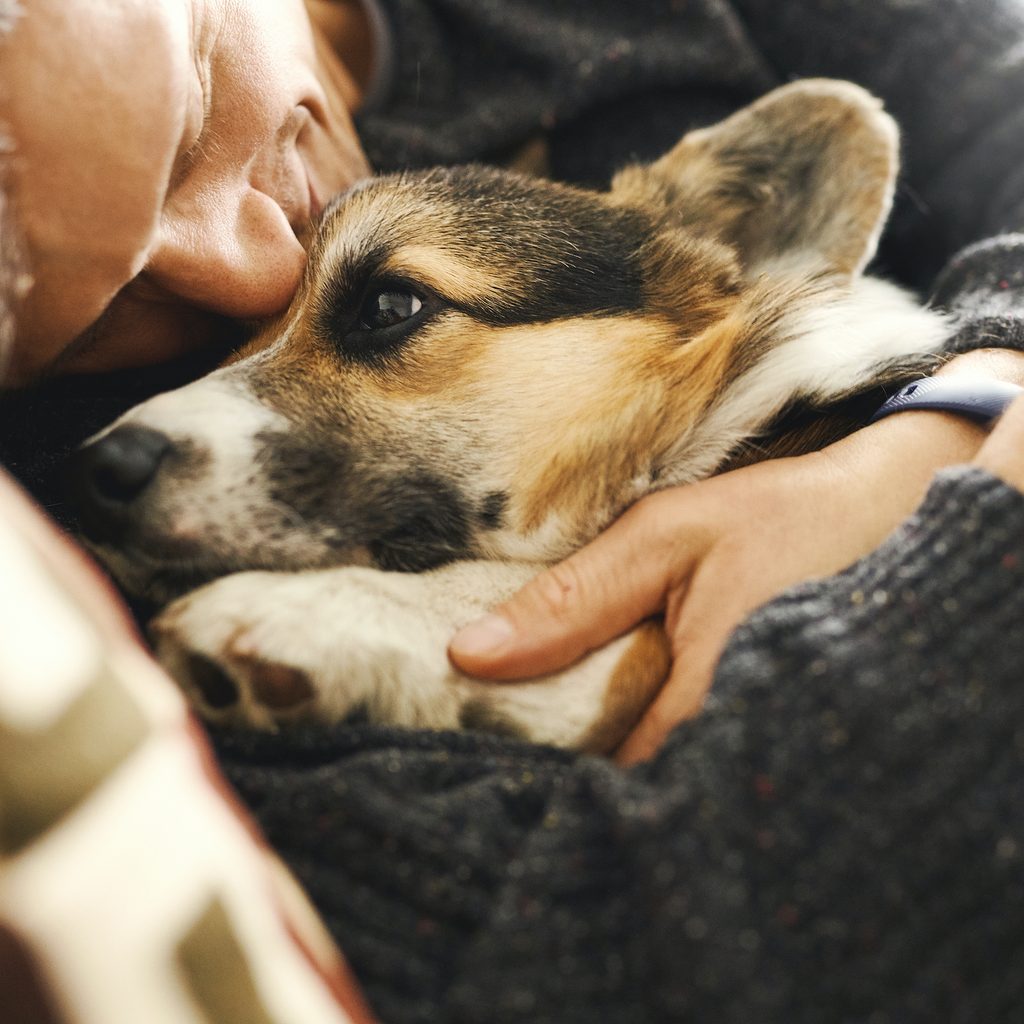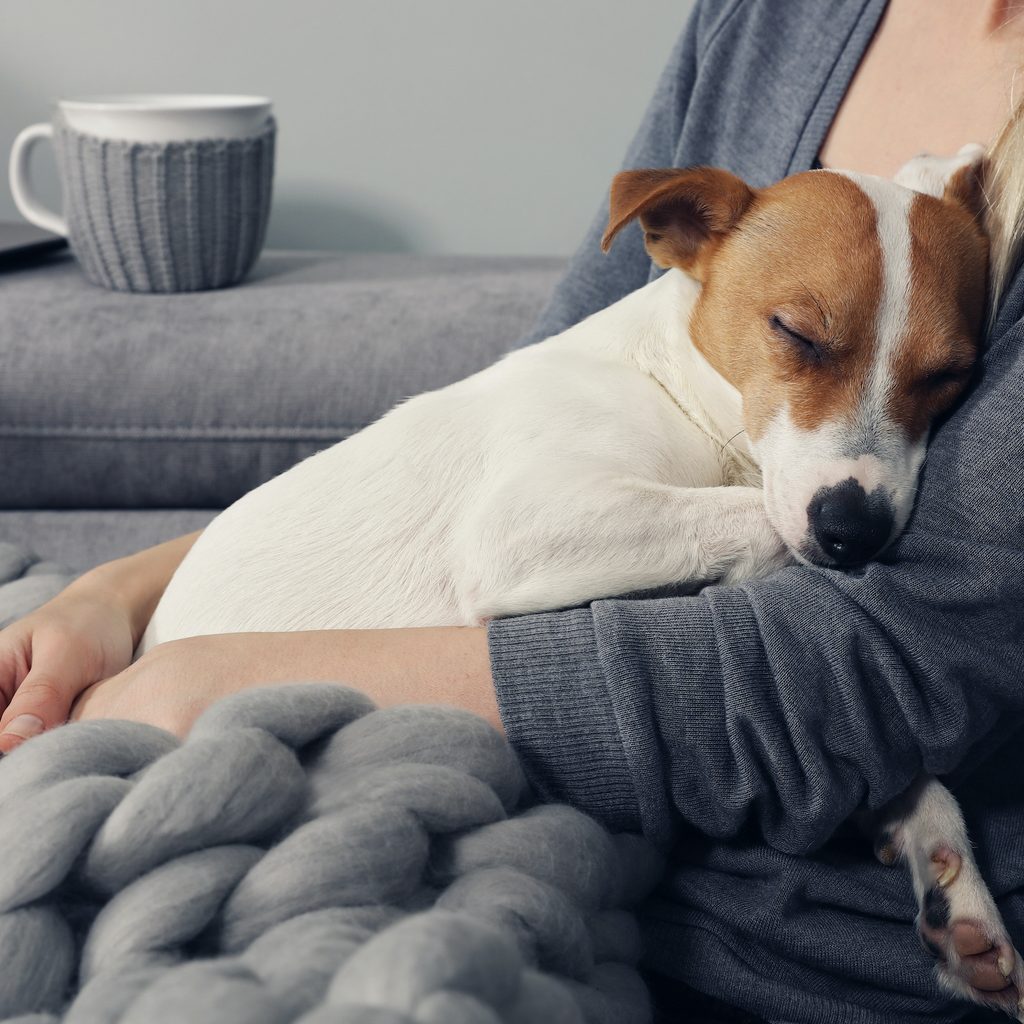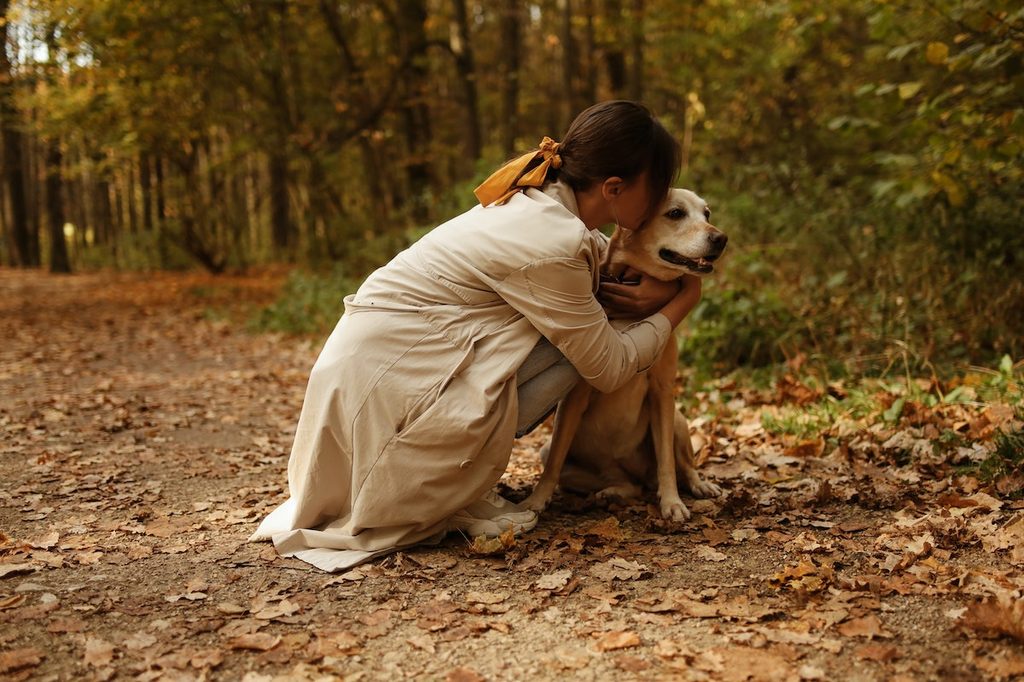
As a pet parent, there’s a lot you’ll hear about spaying and neutering. Many organizations campaign for education and affordable access to these procedures, but this is largely for the purpose of population control and not necessarily for the health of the dog. Still, having your dog neutered — or castrated — can have many benefits.
Are there signs your dog needs to be neutered? Will they benefit from this procedure? No matter how many questions you have, or how close you are to making a decision, chatting with your veterinarian is the surest way to make the right choice for your individual dog. Until then, here are a few facts and myths about neutering male dogs to help inform you, and maybe even sway your decision.

Will neutering change my dog?
Although neutering your male dog has many health benefits, they’ll experience only minor physical changes. You’ll definitely notice the absence of their testes, as well as some surgical scars, but these will become almost invisible as your buddy heals.
The biggest differences will come directly following the surgery, but most of these will be temporary, too. A dog does not lose his personality or spunk when he gets fixed, but the absence of testosterone does come with a few behavior changes, says Santa Cruz Veterinary Clinic — most of the time, that is.

Does neutering a dog calm them down?
Even though neutering your dog can result in a calmer demeanor in the long run, it’s not always so simple. Some pet parents expect a complete flip in behavior after the procedure, but the effects testosterone has already had on your dog’s body and mind can’t be fully reversed. As Hillcrest Animal Hospital explains, the presence of testosterone doesn’t force certain behaviors happen, but it does make them more likely. This is exactly why neutering is one way to help your dog stop humping, reacting aggressively, or acting territorial.
These are some testosterone-based behaviors that can also be signs your dog needs to be neutered:
- Reduced aggressive threshold (having a “shorter fuse”)
- Marking territory with urine
- Increased risk-taking
- Increased sexual drive
- Reduced fear response
- Humping and mounting
- Masturbation
- Roaming and leaving the property to search for mates
The other factor to consider is that many male dogs become temporarily more aggressive following their neutering. You can blame the hormonal imbalances for this, though some breeds are statistically more likely than others to act out after surgery. Remember, your little guy is probably confused and feeling unwell after being under anesthesia, too, so be patient!

Why should you not neuter your dog?
Despite many messages from veterinarians, animal rescue organizations, and even mainstream media, neutering your male dog isn’t always the happily ever after type of solution it can sound like. Of course, the benefits are plain to see, but new research is actually uncovering some possible drawbacks to spay-neuter.
The most obvious reason not to neuter your pet is if you’re considering safe, responsible breeding. This is not a decision that should be taken lightly, so please do your research before deciding if this is the right path for your pup.
Another reason to consider the risks: this procedure might be responsible for an increased likelihood of certain cancers. Dr. Benjamin Hart and a research team at the University of California, Davis, have been comparing the long-term differences in health between dogs of the same breed who had and had not been neutered. Throughout 35 breeds, results varied. Some, like the Golden Retriever, were 3 or 4 times more likely to develop hip dysplasia and certain cancers if they have been fixed, while other breeds — like most breeds under 20 pounds, with the exception of the shih tzu — experience virtually zero differences whether neutered or intact.
In fact, some of Dr. Hart’s findings seem to contradict popular beliefs about this surgery. While many have thought that neutering a dog decreases their risk of prostate cancer, his research revealed that “prostate cancer in males is more common in neutered than intact dogs.”

What is the best age to neuter a male dog?

How long is recovery for neutering a dog?
Though every dog will have their own normal recovery schedule, a healthy male who experiences no surgical complications will need about ten days before returning to normal activities. Christina Fernandez, DVM, DACVECC explains that, while your pup won’t (and shouldn’t) be feeling under the weather for the entire ten days, it’s necessary to keep them resting as much as possible to ensure proper healing of the surgical site.
You’ll also want to invest in an e-collar or inflatable collar to keep your buddy from licking their incision site. It might be annoying and difficult for everyone to get used to, but the benefits highly outweigh the difficulties.
As your sweet boy recovers, make sure to keep an eye on his bathroom habits and energy levels. He may feel off for about a day but should begin to feel and act more like himself after that. Every day will get easier and easier, and the recovery time will be over before you know it!




